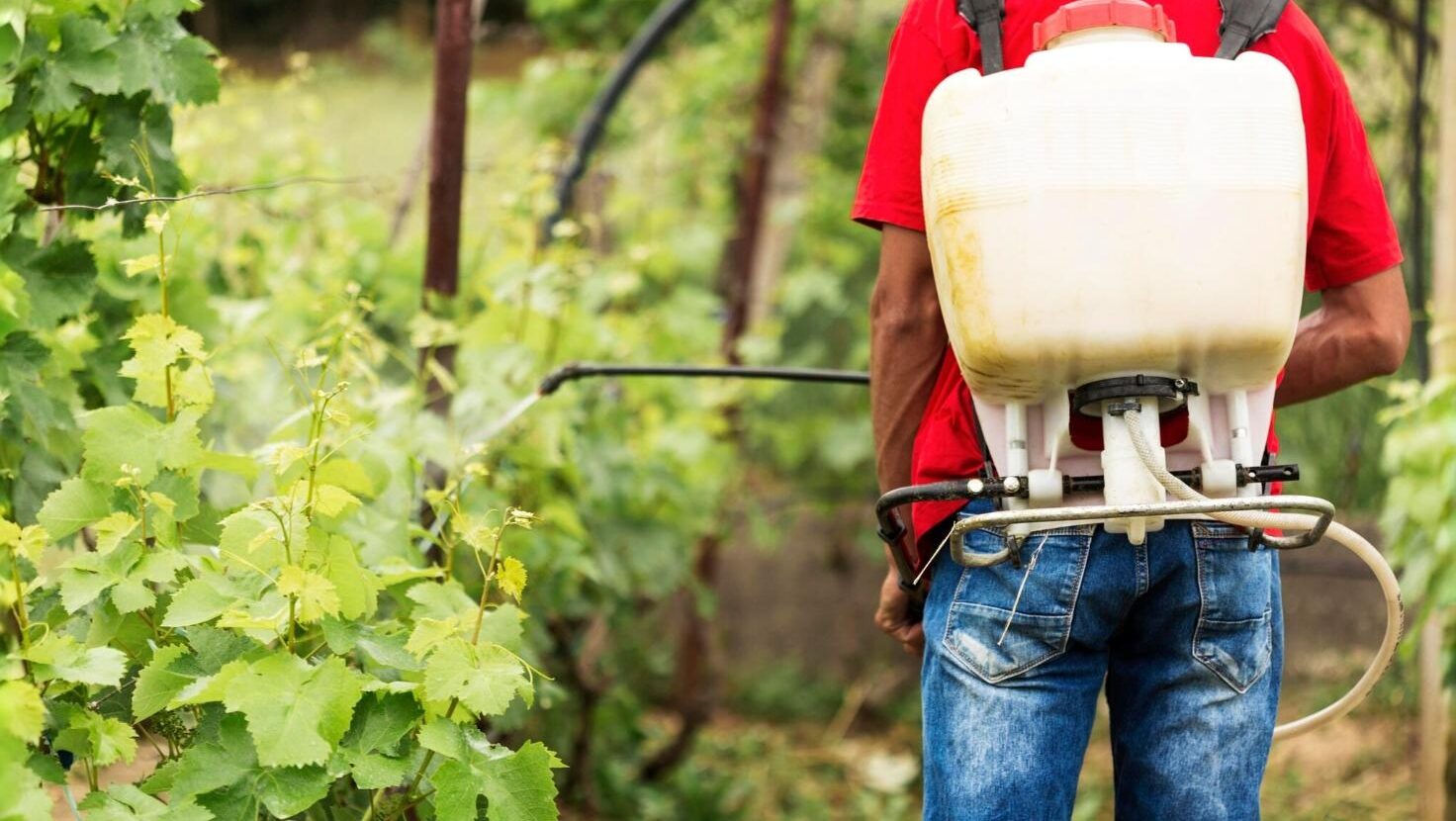Earth Day Innovation: Israeli Scientists Advance Eco-Friendly Pesticides To Tackle Crop Disease
On the eve of Earth Day 2025, researchers from Bar-Ilan University and the Volcani Center are advancing new, environmentally friendly pesticides that aim to reduce the reliance on harmful agricultural chemicals. The project combines advanced molecular modeling with biological experimentation to identify plant-safe compounds that disrupt bacterial communication rather than kill the bacteria outright.
Leading the initiative is Prof. Hanoch Senderowitz of Bar-Ilan University’s Department of Chemistry, working with Dr. Iris Yedidia at the Volcani Center, Israel’s national agricultural research institute. The research centers on targeting bacterial quorum sensing—a mechanism that allows pathogens to coordinate harmful activity in plants. By interfering with this process, the researchers hope to prevent disease outbreaks without contributing to antibiotic resistance or environmental damage.
Give the gift of hope
We practice what we preach:
accurate, fearless journalism. But we can't do it alone.
- On the ground in Gaza, Syria, Israel, Egypt, Pakistan, and more
- Our program trained more than 100 journalists
- Calling out fake news and reporting real facts
- On the ground in Gaza, Syria, Israel, Egypt, Pakistan, and more
- Our program trained more than 100 journalists
- Calling out fake news and reporting real facts
Join us.
Support The Media Line. Save democracy.
“We are optimistic that the compounds we are developing could soon be ready for commercial use,” said Prof. Senderowitz. “Our goal is to have a viable, sustainable alternative to traditional pesticides that will not only protect crops but also contribute to the overall health of our ecosystems.”
Unlike conventional pesticides, these new treatments inhibit bacterial virulence rather than kill the pathogens, making them less likely to disrupt ecosystems or lead to resistant strains. The research has been supported by several prominent funders, including the United States-Israel Binational Agriculture Research and Development Foundation, the Israeli Ministry of Agriculture, COPIA Agrifood fund, and the Israeli Innovation Authority.
The findings have already appeared in multiple peer-reviewed journals, positioning this work as a potential game-changer in the global push for sustainable agriculture.



